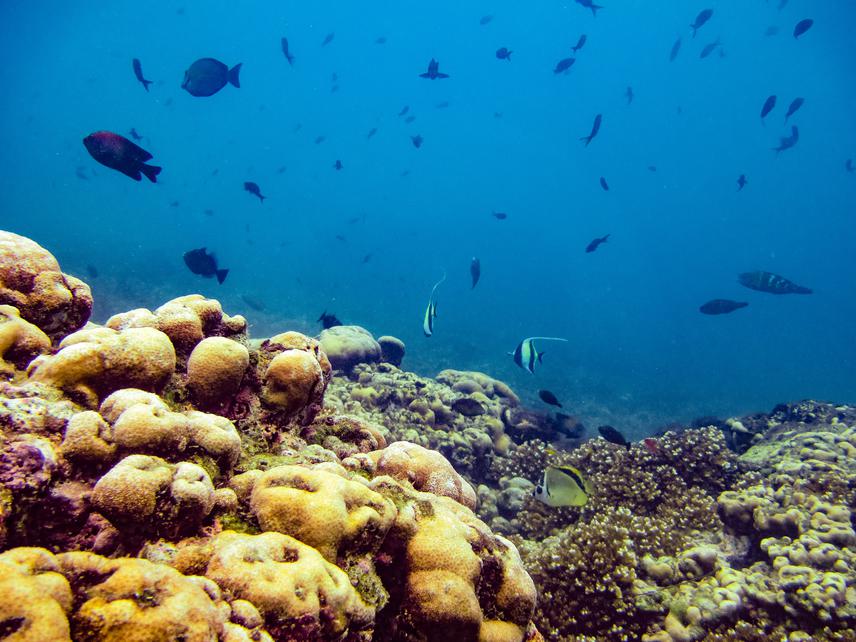Ana Lucia Castrillón Cifuentes
The main goal of the project is to understand the mechanisms underlying coral reef resistance in response to stressors at Gorgona Island. Therefore, the physiological performance of corals under natural conditions and their tolerance to local and global (ocean warming, and acidification) abiotic stress factors will be assessed. This data is crucial to propose local-adapted strategies, in order to mitigate the global trend of coral reef decline. Outcomes will be transferred to the local community and environmental managers, that could use results to adapt management strategies, extend the monitoring of coral reefs, and optimization of restoration techniques by using resilient corals. Through environmental education, with youths of the town of Guapi, we plan to reduce the gap between academics and the community for strength the conservation of coral reefs.

Natural and anthropogenic pressures pose a threat to the socio-ecological services that coral reefs provide. At Gorgona Island, corals inhabit one of the lowest salinities for reef development in the world. Also, El Niño–Southern Oscillation (ENSO) and extreme low tides events lead to bleaching and mortality for corals. However, scleractinian corals build well-developed and relatively healthy reefs, but information about corals’ physiological thresholds in response to global and even local stressors is limited.
Nowadays, there is a growing plethora of evidence showing that ocean warming, and acidification are among the leading forces for coral reef degradation. Hence, its future depends on the corals’ ability to respond adaptively to rapid environmental change. However, it is likely that adaptation to climate change occurs in corals frequently subjected to extreme low tides or slight increases in temperature. Our hypothesis is that corals from Gorgona Island are preconditioned to endure ocean warming because they are frequently exposed to ENSO events and extreme-low tides.
In a broad context, corals cope with stress by altering growth, respiration, photosynthesis, or fecundity patterns; changes which demand alteration on energy allocation patterns. Those trade-offs depend on species life history and local micro-environment. Hence, without a broad understanding of the range of environmental variability across reefs, it became challenging to predict corals’ physiological thresholds or assume that populations have acclimatized or even adapted to climate change. This kind of information is critical for Gorgona island because together with Malpelo island are regarded as the most important islands for the equatorial Eastern Tropical Pacific since the reefs of the region connect through them.